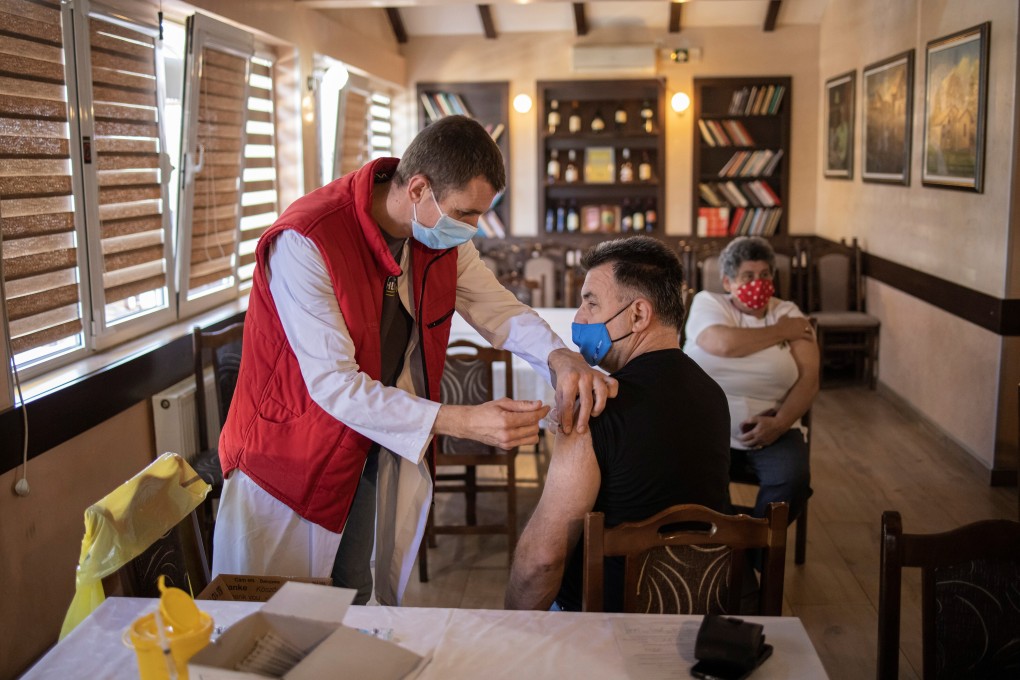Advertisement
Opinion | WHO nod is a major credibility boost for Beijing and Chinese pharmaceuticals
- Rather than political leverage, this reputational gain is the main prize of Chinese vaccine diplomacy and supports Beijing’s aspirations to global leadership
- Western competitors looking to challenge Beijing should do more to provide equitable vaccine access
Reading Time:4 minutes
Why you can trust SCMP
12

Backing from the World Health Organization is a major step towards the two most important goals of China’s vaccine diplomacy – establishing the reputation of Chinese pharmaceuticals and burnishing Beijing’s image as champion of the Global South.
Last Friday, the WHO listed BBIBP-CorV, the main vaccine from Chinese pharmaceutical giant Sinopharm, for emergency use. WHO emergency use listing is a prerequisite for participation in the Covax Facility, as well as distribution through other international funding mechanisms. It also functions as a global green light for purchases of the Sinopharm vaccine, easing access for countries without stringent regulatory authorities, and for those yet to perform independent evaluations.
Beyond these, the WHO listing provides invaluable credibility to a vaccine that has faced scepticism from Western commentators.
Chinese pharmaceuticals have suffered from scandals and low trust at home and abroad. WHO approval for a product so firmly in the international spotlight is thus a milestone for the Chinese biopharmaceutical industry, which Beijing has designated a strategic emerging industry.

06:18
SCMP Explains: What’s in a Covid-19 vaccine?
SCMP Explains: What’s in a Covid-19 vaccine?
The creation of internationally competitive companies has been a formative part of China’s great power resurgence. Since the turn of the century, Beijing has encouraged Chinese companies to “go global”, and in the past decade, state subsidies and industrial policy have nurtured some world-leading enterprises.
Advertisement
